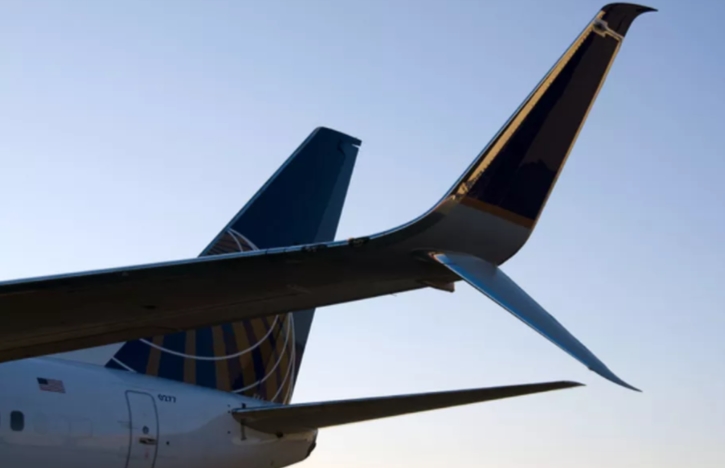
In an earnings call last night, United Airlines said it would add more “basic economy” fares in its bid to better compete with the new crop of low-cost carriers. The announcement sent the company’s stocks tumbling, but more distressingly, it will increase the likelihood that consumers will get lured in by the rock-bottom prices without being fully aware of how much flying basic economy sucks.
Most of the major carriers offer some class of basic economy fares. On the surface, it seems like a good deal: by giving up a few luxuries, passengers get cheaply priced tickets. But these restrictions vary from carrier to carrier, with United imposing some of the most egregious limitations.
Passengers who buy basic economy tickets are not assigned seats, nor are they allowed to put any luggage in the overhead bins (at least not without incurring a fee or getting bumped into a higher-cost fare class by United). They are also subjected to the fine print of basic economy, which means no elite-qualifying miles, paid upgrades, or flight changes. Passengers flying basic economy would often be the last ones to be re-accommodated in the event of a flight disruption, even when the airline is at fault.
And now, United is doubling down on basic economy, expanding it to new routes, including international flights. “The best way to compete with a low-cost carrier is match their prices,” said Scott Kirby, president of United Continental, the airline’s corporate parent, according to CNN. “Half our revenue approximately comes from customers that are mostly shopping on price, and we cannot ignore half of our revenue and we can’t let our low-cost carriers have price advantages in our hubs.”
The carrier’s executives also announced that it expects to increase its number of flights and add larger aircraft to its network in order to increase the amount passenger traffic it can carry. This likely will mean planes are about to get even more dense and seats will get even smaller.
The problem is most consumers use travel sites like Expedia, Priceline, or Kayak that aggregate tickets and organize them with the cheapest at the top. Passengers may not know what they are signing up for when purchasing these ultra low-cost tickets until it’s too late. And if United is aiming to match prices with low-cost carriers like Norwegian or WOW Air, which already operate using what is equal to basic economy tickets that are even cheaper than most fares, all the other major carriers are likely to follow suit.
This is prompting fears among investors of a looming “fare war.” Consumers may like the idea of cheap travel, but they are sure to balk at some of the conveniences they will be forced to give up. Flying in 2018 is shaping up to be cheaper than 2017, but the experience will get worse for many.

